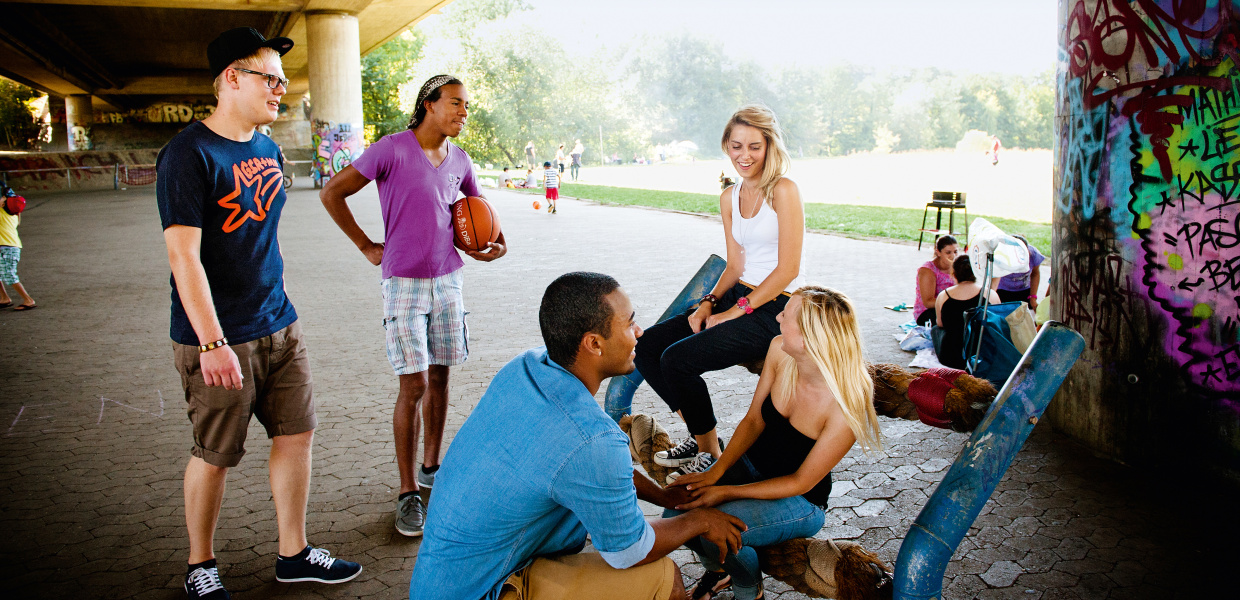One of mankind’s oldest lessons teaches that cultural diversity enriches. It matters not whether this is moral or political, economic or artistic, or even culinary: Diversity implies the opportunity to expand one’s own horizons. The Europe of the last century was above all a project of desire for capaciousness, in contrast to the confinement enforced by national states. Yet disruptive contemporary megatrends such as globalization and digitalization have led to uncertainty and anxieties. Familiar living environments are changing. Cultural identities – thus, the canon of values marked by language, religion, philosophy, traditions and practices – appear to be in jeopardy. In times of accelerating diversity, portions of society again seek isolation from the foreign as a protective framework. Because diversity, of course, doesn’t simply offer opportunity. It also carries with it a potential for friction and conflict that should not be underestimated. Researchers may have established in theory that societal cohesion is not fundamentally disturbed by accelerating cultural diversity. However, individuals’ lived reality shows that living together in cultural diversity cannot be taken for granted, but rather must be actively shaped.

